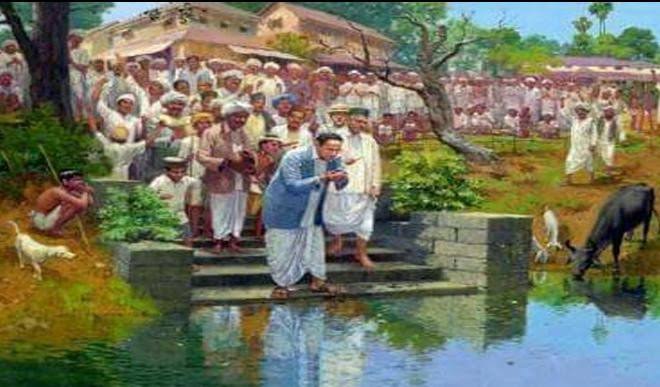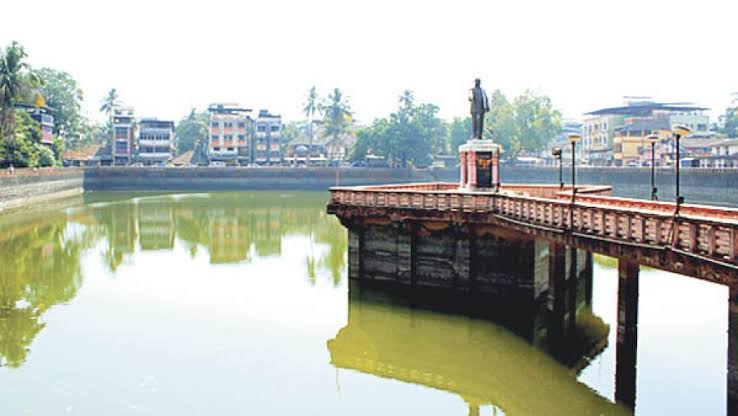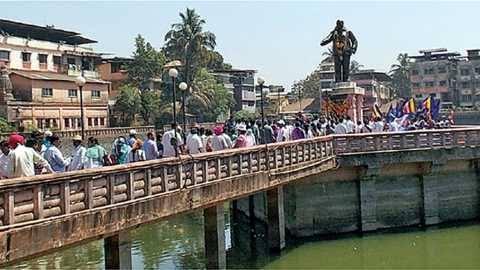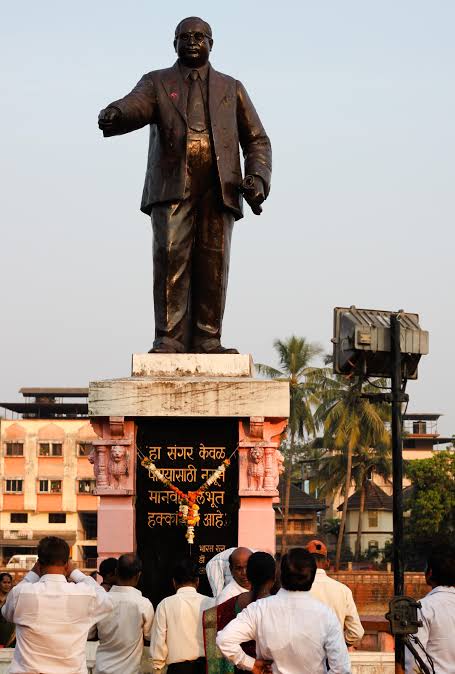
Today is "Ashok Vijayadashami".
It is an important festival of Buddhists.
Emperor Ashoka had embrace Buddhism on this day.
#AshokVijayadashami
𑀘𑀓𑀾𑀯𑀢𑀻𑀾 𑀲𑀫𑀸𑀾𑀝 𑀅𑀲𑁄𑀓 𑀫𑀳𑀸𑀦

It is an important festival of Buddhists.
Emperor Ashoka had embrace Buddhism on this day.
#AshokVijayadashami
𑀘𑀓𑀾𑀯𑀢𑀻𑀾 𑀲𑀫𑀸𑀾𑀝 𑀅𑀲𑁄𑀓 𑀫𑀳𑀸𑀦
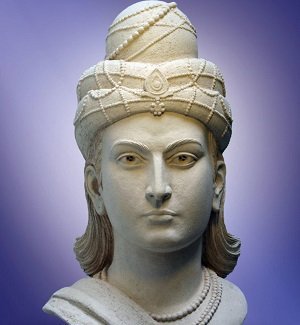
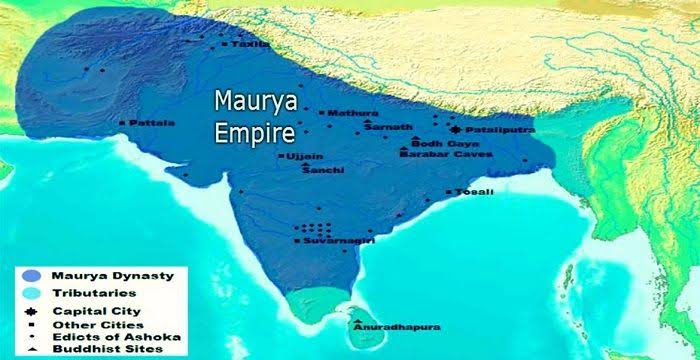
After witnessing the mass deaths in the kalinga war Emperor Ashoka announced the abandonment of violence and embraced Buddhism by receiving the dhamma diksha from buddhist monk bhante "Moggaliputta Tissa".
#Buddhism ☸
#Buddhism ☸
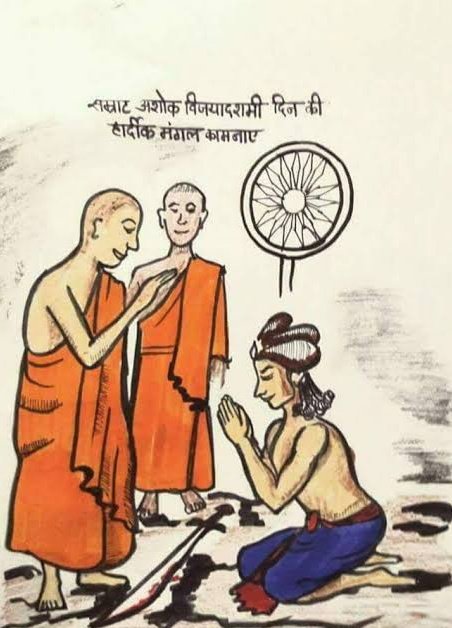
From there onwards Emperor Ashoka embraced the concept of "Dhammavijaya or victory through Dhamma" and took a vow that from today onwards I will conquer the hearts of living beings by "non-violence & peace" and not by the weapons.
After that Ashoka built 84,000 stupas/viharas, many pillars and many inscriptions.
He sent missionaries to Sri lanka, Macedonia, Greece and Syria to spread the message of Buddhism.


He sent missionaries to Sri lanka, Macedonia, Greece and Syria to spread the message of Buddhism.
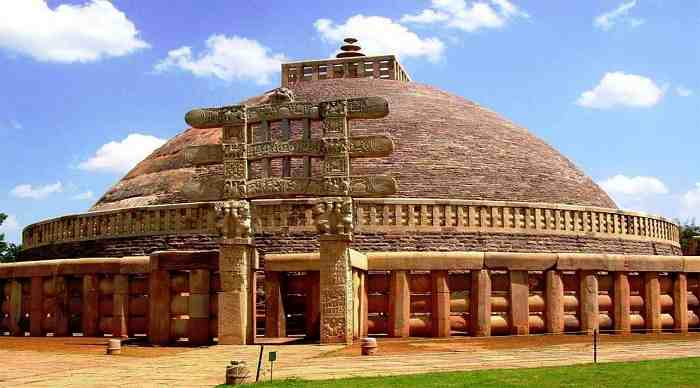
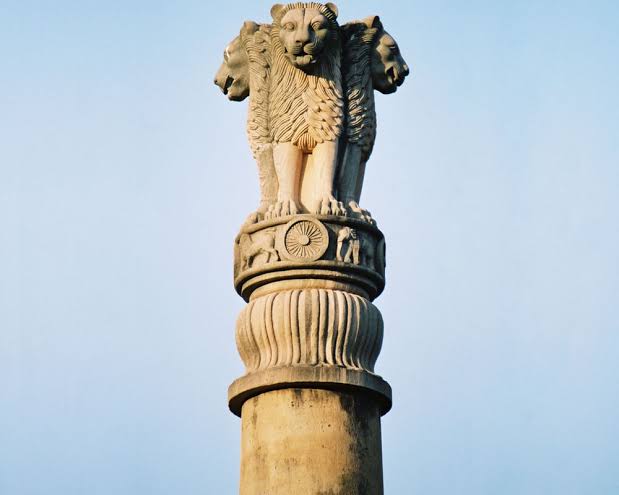
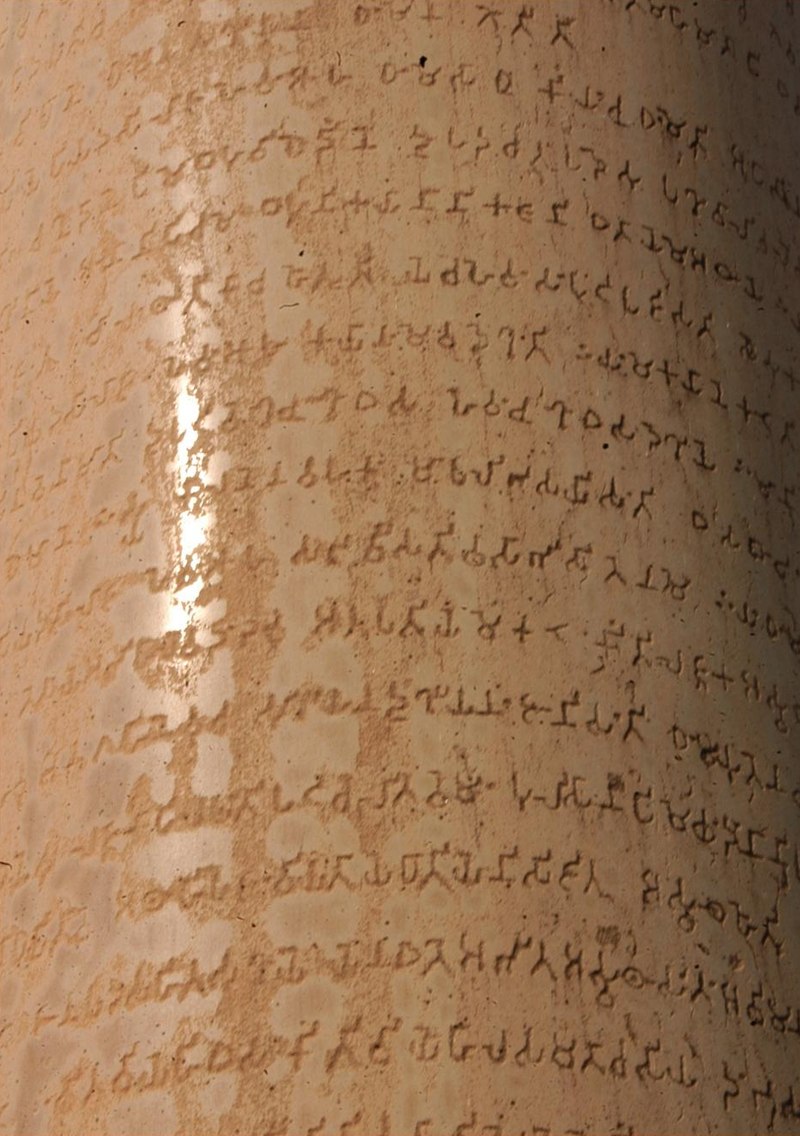
On the occasion of Ashok Vijayadashami, on 14 October 1956, Dr. Ambedkar with his nearly 6 lakhs followers came to the rufuge of Tathagata Gautama Buddha & embraced Buddhism at Deekshabhoomi in Nagpur.
For this reason, this day is also celebrated as "Dhamma Chakka Pavattan Day."


For this reason, this day is also celebrated as "Dhamma Chakka Pavattan Day."
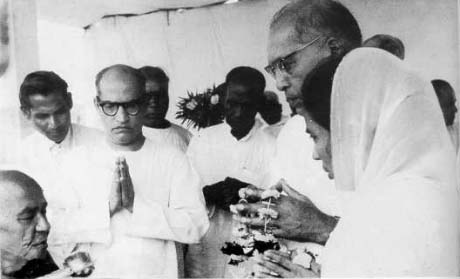
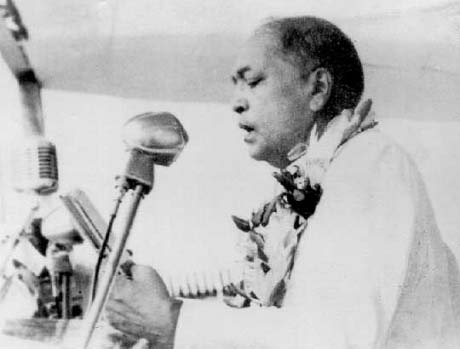
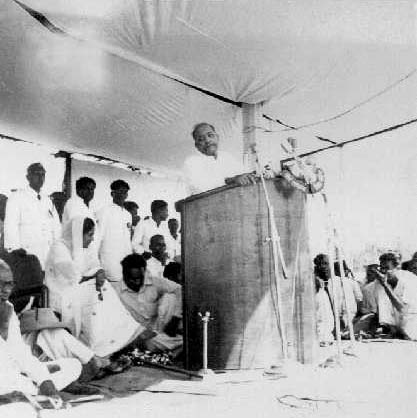
Wish you all a very happy "Ashok Vijayadashami."
☸ May all beings be happy ☸
☸ May all beings be happy ☸
• • •
Missing some Tweet in this thread? You can try to
force a refresh


